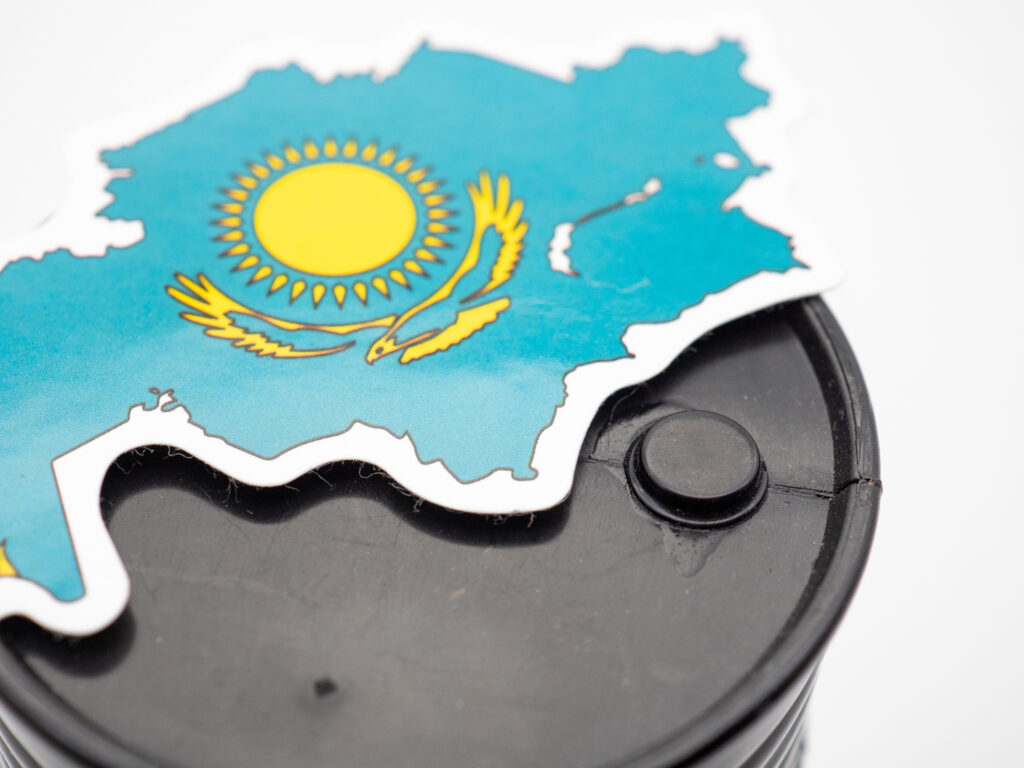(World Oil) – Kazakhstan, which has created tensions within OPEC+ by consistently breaching its production limit, has no plans to cut oil output in May, the country’s Energy Ministry said.

Central Asia’s largest oil producer will pump a daily average of 277,000 metric tons of crude and condensate in May, the same level as in April, and compared with 260,000 metric tons in March, the Astana-based Energy Ministry said by email.
For two months in a row, the Organization of the Petroleum Exporting Countries and its allies have agreed to make super-sized production increases that surprised traders and drove down prices. The move was driven in large part by cartel leader Saudi Arabia’s desire to punish member countries, such as Kazakhstan, that have consistently exceeded their production limits.
The kingdom warned at the its most recent meeting on May 3 that there will be further output increases if the group’s quota cheats don’t fall in line. Kazakhstan’s Energy Ministry said on Tuesday that it is considering its options for complying with its OPEC+ obligations to cut production, without giving further details.
According to the OPEC+ agreement, Kazakhstan should pump just under 1.4 million barrels a day of crude this month. The nation’s planned production for May, including condensate that isn’t counted in OPEC+ limits, will be about 2 millions barrel a day, according to Bloomberg calculations using Energy Ministry data and a tons-to-barrels conversion rate of 7.33. Kazakhstan typically pumps about 260,000 barrels a day of condensate, which is a type of a light oil.
Amid the tensions with fellow OPEC+ members, Kazakhstan has maintained that it has little influence on production decisions at projects within the country that are operated by foreign firms.
Last week, Chevron Corp. Chief Executive Officer Mike Wirth told analysts that his company had received no instructions from the government to rein in its massive Tengiz oil project, which is largely responsible for a recent surge in Kazakhstan’s production. Italy’s Eni SpA has made similar comments about the giant Kashagan oil field.

